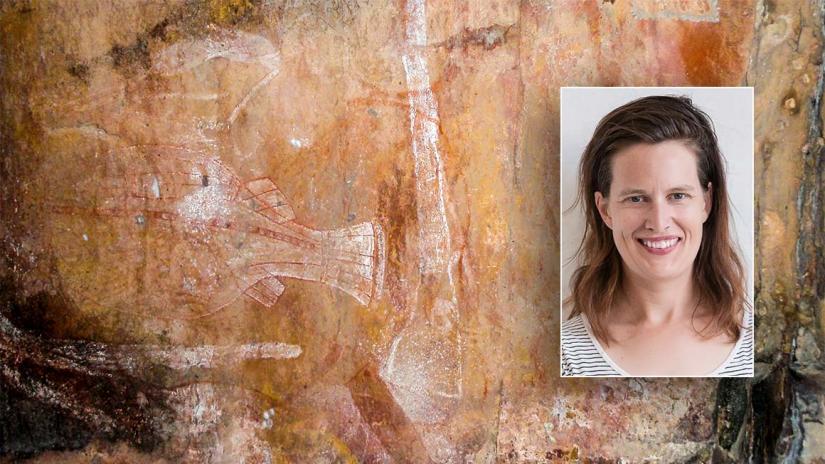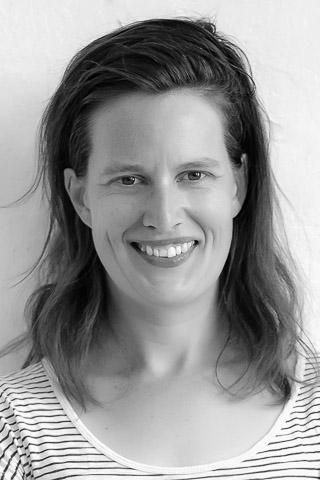It’s a case of history rewriting history for Dr Anna Clark, the Co-Director of the Australian Centre for Public History at the University of Technology Sydney.
Dr Clark is undertaking a project called ‘The national story: Australian history reconsidered’, which looks at the journey of Australian historiography – the study of history writing and written histories – from its earliest origins.
“I’m writing a history of the way Australian history has been written about from the 1800s until now,” she says.
I’m trying to expand and question what constitutes our sense of Australian history. Every generation has written the history of Australia quite differently, but no one has ever written the history of that history before.
— Dr Anna Clark, Co-Director, Australian Centre for Public History
It’s a complex and layered concept that challenges accepted notions of our national story. Up until now, these notions have been largely confined to the text we read in books written by historians, and through the re-tellings and re-interpretations offered to us by writers, governments and public commentators.
But according to Dr Clark, this contemporary understanding is narrow and ignores some crucial perspectives, such as Indigenous voices and fictional accounts of key periods of Australian history.
“If Aboriginal people weren’t writing history at that time, how do we incorporate their perspective on colonisation, for example? How do you include oral history or art in that historiography?” she says.
The work will start with an investigation of the diaries, journals and narrative accounts from settler colonial society – records that are considered to be ‘traditional’ historical texts. Dr Clark will then start delving into non-traditional narratives that capture the essence of Australia in a particular time or place, such as movies or pieces of poetry.
Dr Clark cites Kate Grenville’s The Secret River, which was first published as a novel in 2015 and later adapted into a play and a television miniseries, as an example of a transformative piece of work that, while fictional, speaks volumes about our country’s history and the Australia we inhabit today.
“I think that work probably did more to change popular understandings of cultural contact in colonisation than history books or academics have done,” she says.
The final step of the project will be to incorporate these narratives into an expanded history of our country – no small feat, given the sheer wealth of material she has to work with.
“At the moment I’m just testing the boundaries of what is and what isn’t history,” she says.
How can I use some of these other historical narratives to try and fill in those gaps of Australian history? And, even when there are gaps – if people are absent from the historical record for 50 years, 100 years – how can you use silence itself to become part of the story?
— Dr Anna Clark
Research team
-
Future Fellow And Associate Professor, School of Communication
Research centre
Funded by
- Australian Research Council Future Fellowship


